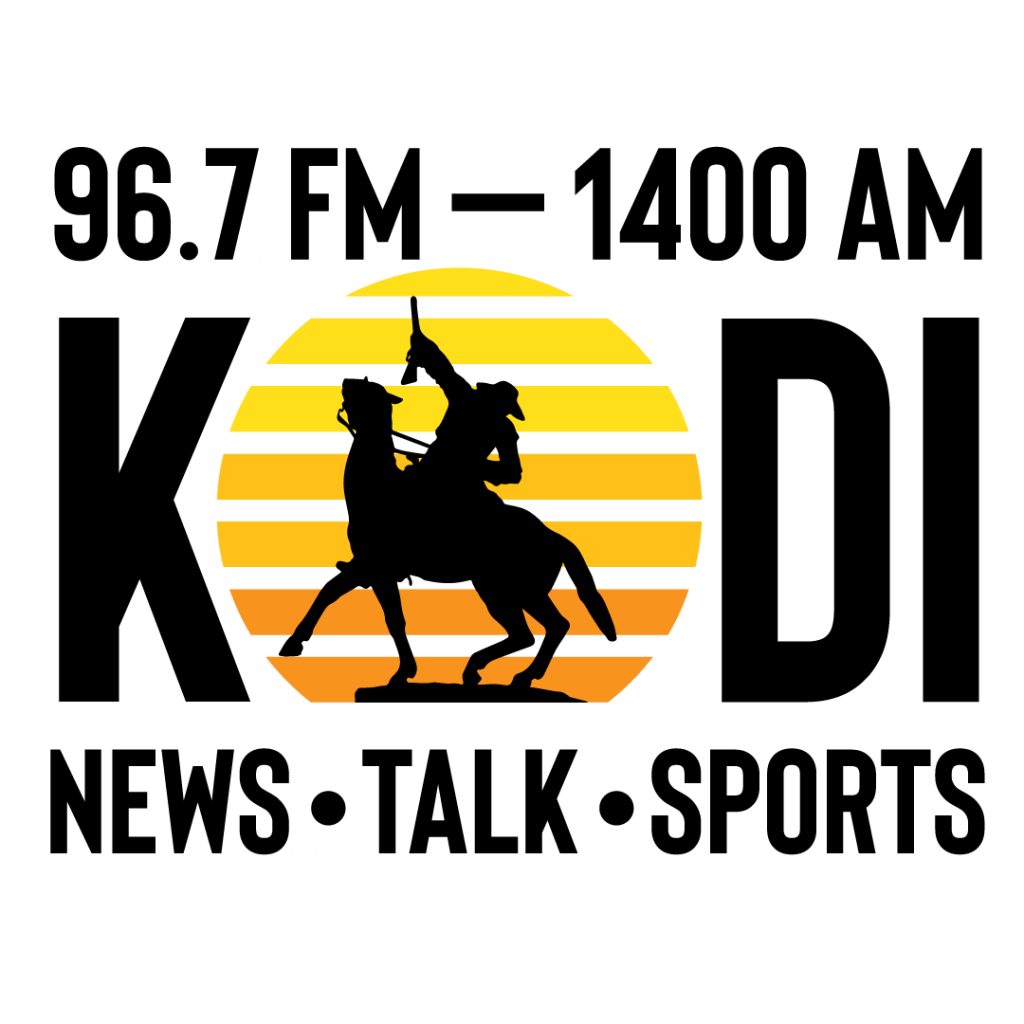In addition to the $560 million annually, tourism in Yellowstone National Park brings over 6,000 local jobs and other benefits to its gateway communities.
The results of a National Park Service report have been released. In the study, economists with the N.P.S. and U.S. Geological Survey measured the direct economic benefits of Yellowstone, Grand Teton, and the 61 other national parks in 2020.
The report shows $14.5 billion of direct spending by more than 237 million park visitors in communities within 60 miles of a national park. This spending supports 234,000 jobs nationally; 194,400 of those jobs are found in these gateway communities.
$14.5 billion is the lowest amount of annual visitor spending in the national parks since 2011. The reason for that is obvious – COVID-19.
The cumulative benefit of the 63 national parks to the U.S. economy was $28.6 billion.
Looking at the economics of visitor spending nationally, the lodging sector had the highest direct effects. Annually, lodging generates $5 billion in economic output and supported more than 43,100 jobs.
The restaurant sector had the second greatest effect, with $3 billion in economic output and more than 45,900 jobs.
In addition, visitor spending in the recreation industries supported more than 18,100 jobs, and spending in retail supported more than 14,300 jobs.
Yellowstone contributed more than its fair share – 3.8 million people spent over $444 million in the park’s gateway communities in 2020.
That spending supported 6,110 jobs in areas adjacent to the park. Factoring in the jobs, Yellowstone had a cumulative benefit of $560 million to the regional economy.
But Yellowstone isn’t the highest-earning national park in Wyoming. Grand Teton National Park saw an even higher economic output in 2020.
In 2020, 3.3 million Grand Teton visitors spent over $598 million in communities near the park. That spending supported almost 8,200 jobs in the local area and had a cumulative benefit to the local economy of $754 million.










